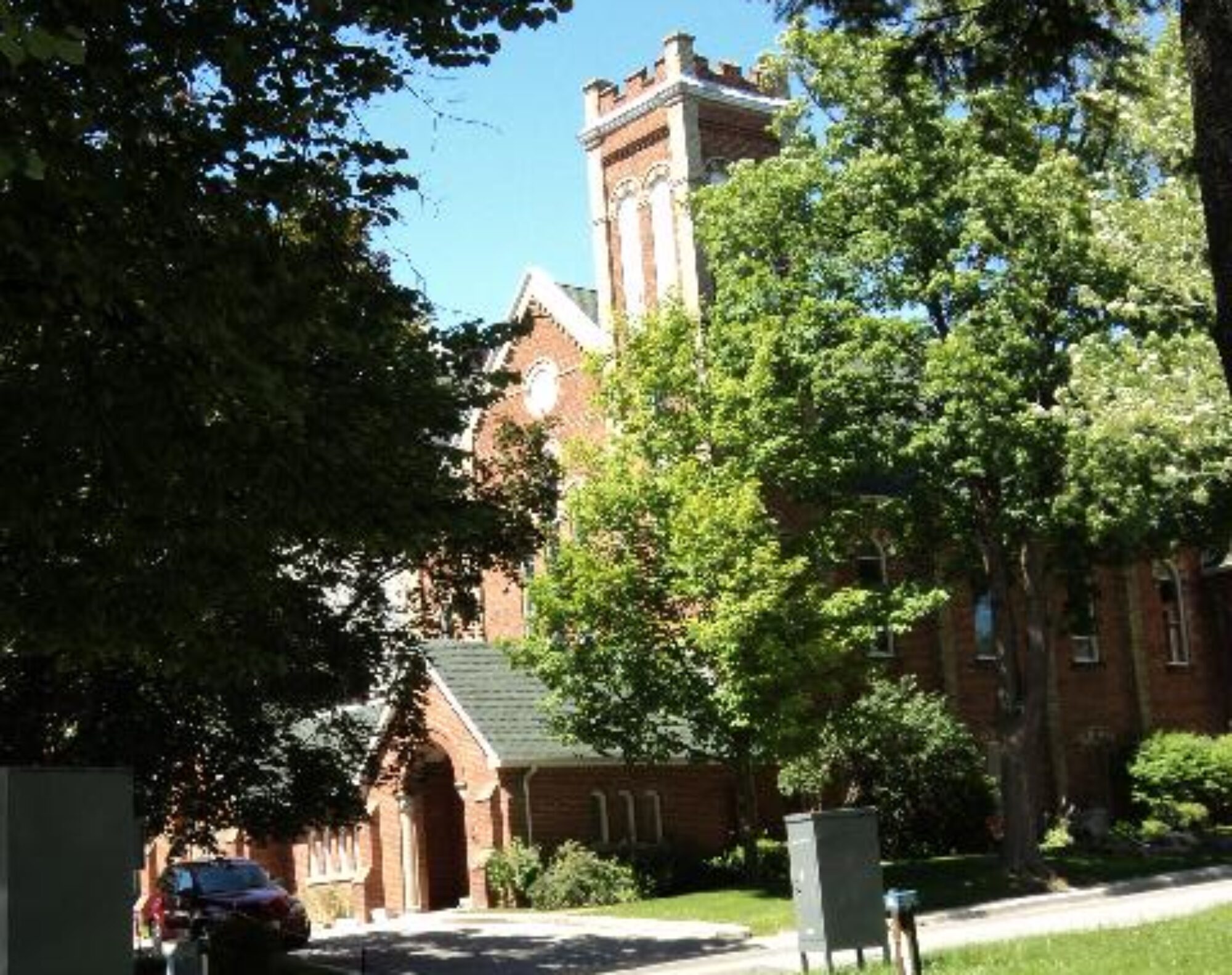““Go,” He told him, “wash in the Pool of Siloam” (this word means Sent). So the man went and washed, and came home seeing.”
John 9:7
C. H. Spurgeon once gave an illustration of the Providence of God which helped me to see the truth that the Apostle John is proclaiming in this ninth chapter of his Gospel. Spurgeon told of a time in which he was preaching in a large temporary structure which had been set up for his preaching outside of London. Several hours after the final service was over, when everyone was out of the building it collapsed on account of an extremely heavy snowfall. Spurgeon used this event to introduce an exposition of Matthew 10:30 “But the very hairs of your head are all numbered.” In this message the preacher explored the doctrine of the Providence of God and called his hearers, and I might add his readers as well, to a vibrant faith in the Lord (Hendrickson Publishers, Peabody, Mass., Volume 5, pages 370 – 371).
It seems to me that this illustration helps us to understand the point that John is making in John 9:7. The chapter is leading us to a key question which is asked in the second half of the 35th verse, “Do you believe in the Son of Man?” How John does this is by telling the story of a man who was born blind. The reason for his blindness is so that the work of God might be done in his life. Every circumstance is leading to this one key point that we might come to believe in the Son of Man. In the text at the head of this reflection we see the instruction which Jesus gives to the man born blind. He is to go and wash in the Pool of Siloam. John explains that this name means Sent. There is a richness of biblical meaning behind the instruction which is meant to confront us with the identity of the Lord Jesus Christ and the purpose of His ministry. He has constantly been referring to the fact that He has only been doing the work of the One who sent Him, namely the Father. Now he confronts this blind man with a command. The Pool of Siloam was located in the southern part of Jerusalem and was fed with water from the Gihon Spring at the base of the Temple Mount. If we are inquiring about the reasons why Jesus would issue this command we would first be confronted by the fact that it would require and act of faith on the blind man’s part. What is the content of that faith however? It is entirely possible that Jesus is confronting us with a Biblical testimony about who He is and what He requires of us. The name Siloam refers to the name Shiloah which is referred to in Isaiah 8:6-8.
“Because this people has rejected the gently flowing waters of Shiloah and rejoices over Rezin and the son of Remaliah, therefore the Lord is about to bring against them the mighty floodwaters of the River – the King of Assyria with all his pomp. It will overflow all its channels, run over all its banks and sweep on into Judah, swirling over it, passing through it and reaching up to the neck. Its outspread wings will cover the breadth of your land. O Immanuel!”
The context of these verses is Isaiah’s confrontation with King Ahaz who is the representative of the House of David to which an eternal promise has been made. Ahaz is an unbelieving King who is facing a crisis and looking for worldly solutions to it. Isaiah calls him to believe the promise which the Lord has made. In Isaiah 7:9b and 7:14 that promise is spelled out clearly for the King. “If you do not stand firm in your faith, you will not stand at all.” “Therefore the Lord Himself will give you a sign: The virgin will be with child and will give birth to a son, and will call him Immanuel.” Ahaz is to believe the Lord’s promise. The Redeemer is coming. He will be clearly recognised as God with us. Isaiah in these chapters keeps going back to this word. The one who will come to redeem us will be God among us. He will be sent by the Father to reveal the nature of God to us. He is the One who is sent.
Jesus sends the blind man to the Pool called Sent. As He does this he is confronting the blind man with a decision. Will he receive the gently flowing waters of Shiloah or will he turn to the world? This same choice is put before everyone else in this chapter. It is also put before you and me. Will we recognise who Jesus Christ is and receive Him? Or will we turn to all of the worldly schemes that promise us so much but deliver so little? What will it be?
